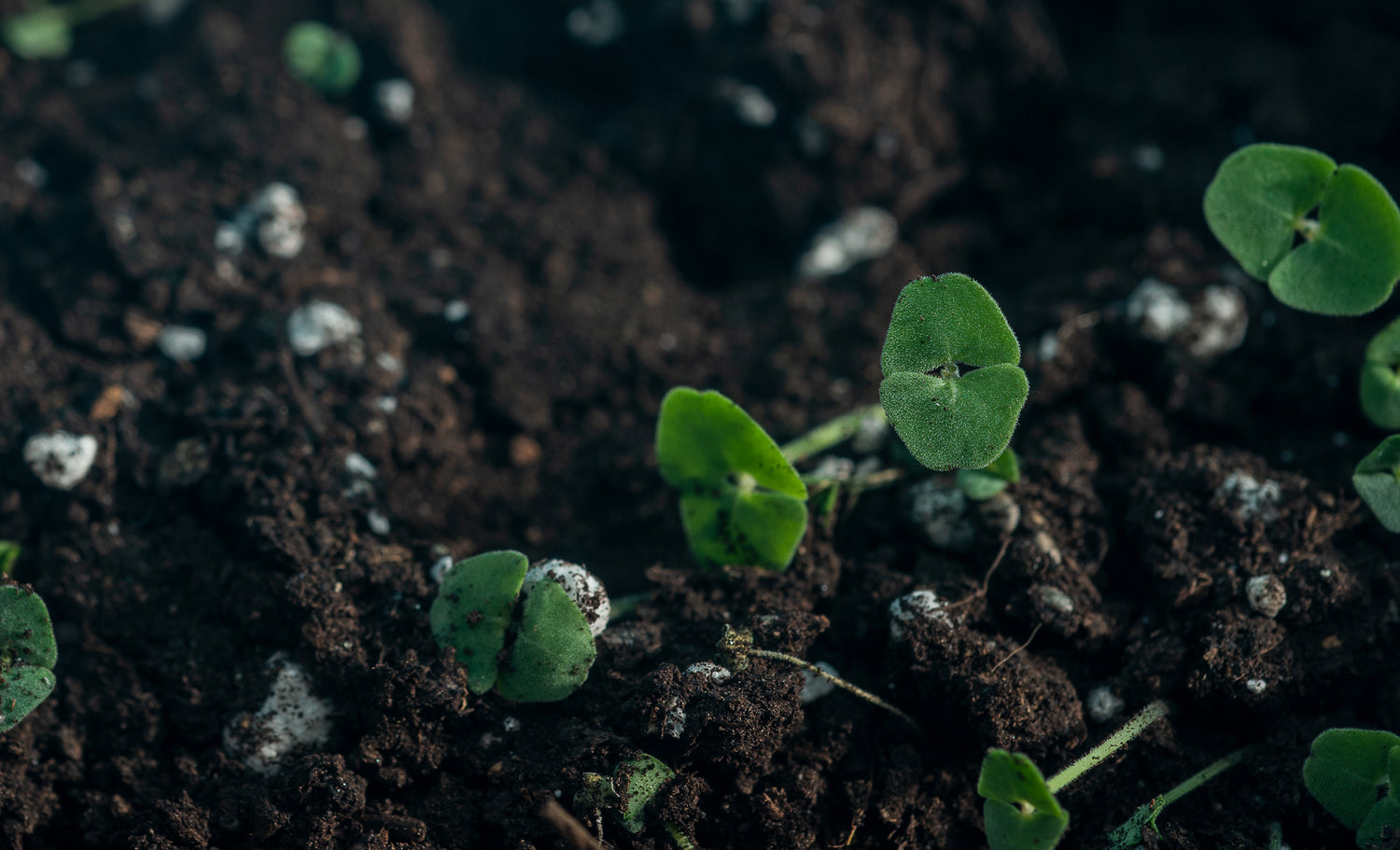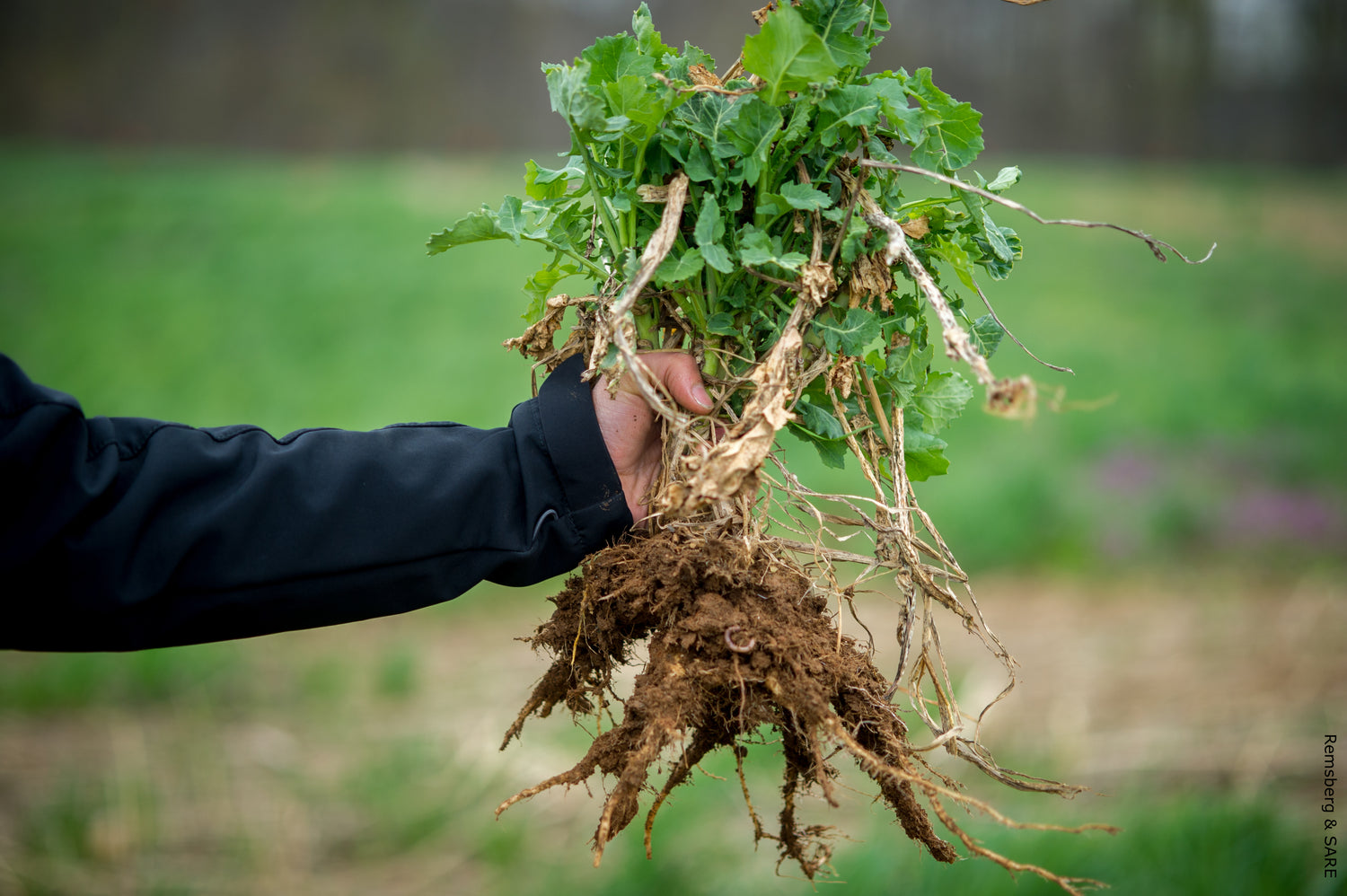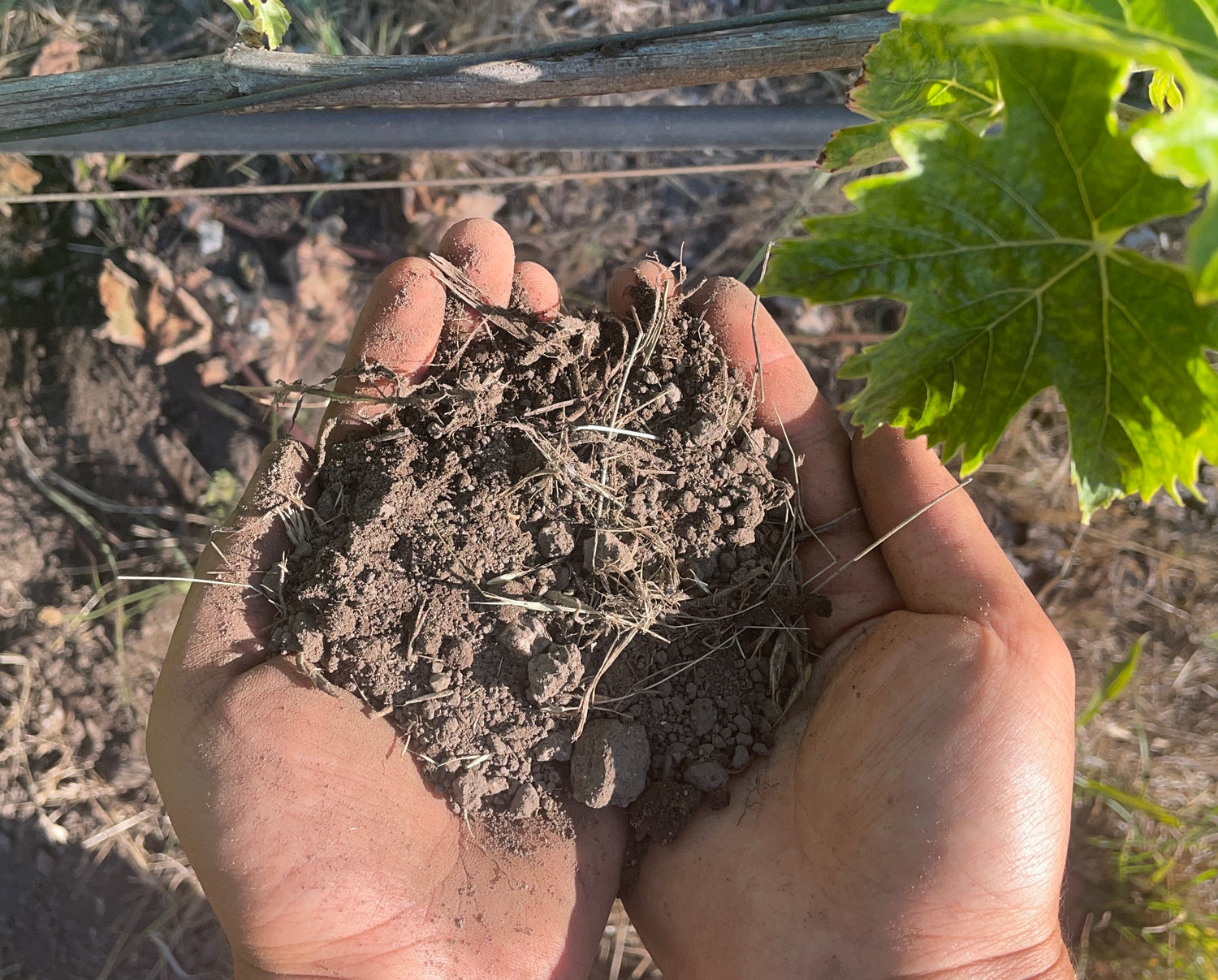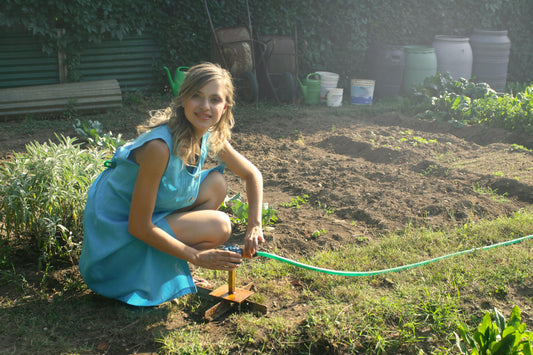Dallas, Texas, a bustling hub of culture and growth, sits at the convergence of distinct geological and ecological zones, resulting in a rich variety of soil types. These soils influence agriculture, landscaping, construction, and ecosystem health. This 2025 guide, grounded in 2024 research, explores Dallas’ soil types, their characteristics, uses, and sustainable management practices to support the city’s development and environmental resilience.
Why Soil Matters in Dallas
Soils underpin Dallas’ agriculture, urban infrastructure, and biodiversity. A 2024 USDA Natural Resources Conservation Service (NRCS) soil survey identified over 50 soil series in Dallas County, each shaping land use decisions (NRCS, 2024). Understanding these soils is essential for farmers, developers, and conservationists to ensure sustainable growth and ecological health in 2025.
Dallas’ Soil Regions
Dallas spans three key ecological regions, each contributing unique soil profiles:
- Blackland Prairie: Fertile, clay-heavy soils ideal for agriculture, covering central and eastern Dallas.
- Cross Timbers: Sandier soils in western Dallas, supporting hardwood forests and grasslands.
- Trinity River Floodplain: Nutrient-rich alluvial soils along the Trinity River, prone to flooding.
Primary Soil Types in Dallas
Dallas’ soils vary in texture, drainage, and fertility, influencing their applications. Below are the main soil types:
1. Vertisols: Heavy Clay Soils of the Blackland Prairie
- Characteristics: High clay content, dark color, shrink-swell behavior (expands when wet, shrinks when dry), rich in organic matter.
- Locations: Eastern Dallas, Blackland Prairie.
- Uses: Fertile for wheat, corn, cotton, and sorghum.
- Challenges: Shrink-swell can damage foundations and roads. A 2024 study recommends reinforced foundations for structures on Vertisols (Journal of Geotechnical Engineering, 2024).
2. Mollisols: Fertile Grassland Soils
- Characteristics: Dark, organic-rich topsoil, high fertility, suited for grasslands.
- Locations: Blackland Prairie and former prairie areas.
- Uses: Supports corn, soybeans, alfalfa, and grazing.
- Challenges: Prone to erosion on slopes, requiring cover crops and conservation practices (NRCS, 2024).
3. Alfisols: Moderately Fertile Soils of the Cross Timbers
- Characteristics: Well-drained, mixed sand, silt, and clay, slightly acidic to neutral, moderate fertility.
- Locations: Western Dallas, Cross Timbers transition zones.
- Uses: Suitable for oats, wheat, hay, and cattle grazing.
- Challenges: Compaction risk requires organic amendments and reduced tillage.
4. Inceptisols: Young, Shallow Soils in Upland Areas
- Characteristics: Shallow, poorly developed, mixed textures, low organic matter.
- Locations: Slopes and uplands in Cross Timbers.
- Uses: Grasslands, pastures, limited agriculture.
- Challenges: Erosion and low water retention limit intensive use (NRCS, 2024).
5. Entisols: Sandy Alluvial Soils of the Trinity River Floodplain
- Characteristics: Sandy or loamy, young, lack distinct layers, low organic matter.
- Locations: Trinity River floodplain.
- Uses: Vegetables and fruits with proper irrigation.
- Challenges: Flooding and nutrient leaching require drainage and irrigation management.
Urban Soils in Dallas
Urbanization has transformed Dallas’ soils, mixing native soils with construction fill. These urban soils are often compacted and low in organic matter, posing challenges for landscaping.
- Characteristics: Compacted, reduced porosity, variable composition.
- Challenges: Increased runoff and poor plant growth. A 2024 study found urban soils in Dallas reduce infiltration by 25% (Environmental Management, 2024).
- Management: Aeration, compost additions, and raised beds improve urban soil health.
Soil Management Practices
Tailored management enhances soil productivity and sustainability:
- Vertisols: Add gypsum and compost to improve drainage, use cover crops to prevent erosion, plant deep-rooted species to stabilize soil.
- Mollisols: Rotate crops with legumes, adopt no-till farming, maintain cover crops to reduce erosion.
- Alfisols: Use reduced tillage, add mulch, plant cover crops like clover to boost organic matter.
- Inceptisols: Mulch to retain moisture, plant native grasses on slopes, manage grazing to prevent overuse.
- Entisols: Install drip irrigation, add organic matter, plant flood-tolerant crops to mitigate flood risks.
Soil Conservation Practices
Dallas employs several conservation practices to maintain soil health and prevent degradation:
- Contour Farming and Terracing: Reduces water runoff and erosion on sloped terrain, especially for Alfisols and Inceptisols in the Cross Timbers.
- Cover Crops and Mulching: Prevents erosion, improves soil structure, and adds organic matter, particularly for Vertisols and Entisols.
- Reduced Tillage: Minimizes soil disturbance, preserving structure, moisture, and nutrient cycling.
Soil Testing and Amendments
Soil testing is critical for understanding Dallas’ soil properties. A 2024 Texas A&M AgriLife Extension study emphasizes testing for pH, nutrients, and organic matter to guide management (Texas A&M AgriLife Extension, 2024).
- pH Adjustment: Add lime for acidic soils or sulfur for alkaline soils based on test results.
- Fertilization: Apply balanced fertilizers tailored to soil test data, especially for Mollisols and Vertisols.
- Organic Amendments: Compost, manure, or biochar enhances fertility and water retention.
Soil testing kits are available at local retailers like:
- Calloway’s Nursery (4210 N Belt Line Rd, Irving, TX 75038): Offers soil testing kits and gardening supplies. Rated 4.6 stars on Google Maps.
- Home Depot Garden Center (2901 W Wheatland Rd, Dallas, TX 75237): Stocks affordable soil testing kits. Rated 4.3 stars.
Ecological and Environmental Impact
Dallas’ soils support vital ecological functions:
- Wildlife Habitat: Diverse soils sustain prairies, woodlands, and wetlands, fostering biodiversity.
- Water Filtration: Healthy soils filter rainwater, reducing pollution in the Trinity River.
- Carbon Storage: Soils sequester carbon, mitigating climate change (Environmental Management, 2024).
Future Soil Management in Dallas
As Dallas grows, sustainable soil management is essential:
- Green Infrastructure: Rain gardens, permeable pavements, and green roofs reduce runoff and enhance soil health.
- Community Engagement: Community gardens and educational programs promote soil conservation.
- Regenerative Agriculture: Rotational grazing, polyculture, and no-till farming restore soil health (Texas A&M AgriLife Extension, 2024).
Conclusion: Sustaining Dallas’ Soil Diversity in 2025
Dallas’ soils, from fertile Mollisols to sandy Entisols, reflect the city’s geological and ecological richness. Effective management and conservation practices ensure these soils support agriculture, urban development, and biodiversity. Recent 2024 research from NRCS, Texas A&M AgriLife Extension, and environmental journals highlights the need for tailored strategies. Begin your soil journey today—test your soil, adopt sustainable practices, and contribute to Dallas’ thriving future.












